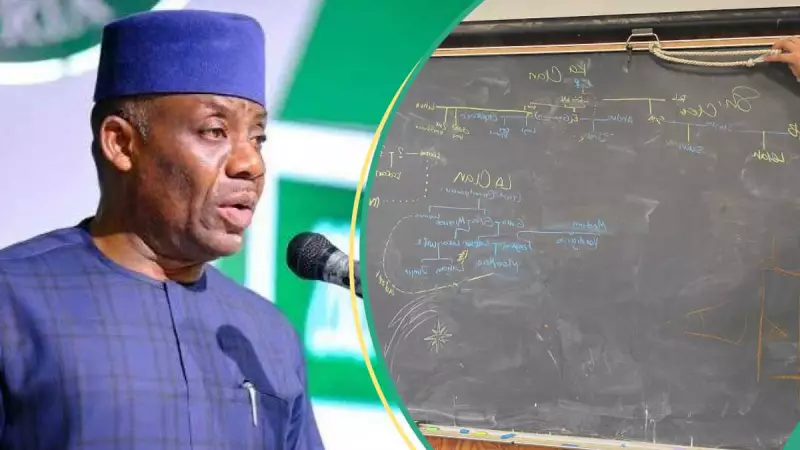
In a groundbreaking move that signals a new era for Nigerian education, the Federal Government has announced its determination to completely phase out traditional chalkboards from the nation's classrooms by 2027. This bold initiative represents one of the most significant educational reforms in recent history.
The Digital Classroom Transformation
Professor Tahir Mamman, the Minister of Education, revealed this revolutionary plan during a crucial meeting with educational stakeholders in Abuja. The strategy involves systematically replacing conventional chalkboards with state-of-the-art digital technology across all educational institutions nationwide.
"We are committed to eliminating chalkboards from our schools by 2027," Professor Mamman declared emphatically. "This transformation is essential for aligning Nigeria's educational system with global standards and preparing our students for the digital age."
Comprehensive Implementation Strategy
The government has outlined a multi-faceted approach to ensure the successful implementation of this digital revolution:
- Gradual phase-out of chalkboards beginning with urban centers
- Installation of interactive whiteboards and digital displays
- Comprehensive teacher training programs for digital literacy
- Development of localized digital content and curriculum
- Public-private partnerships to fund the technological upgrade
Benefits for Nigerian Students and Teachers
This transition promises numerous advantages for the educational community. Digital classrooms will provide students with access to richer, more interactive learning materials while reducing health concerns associated with chalk dust. Teachers will benefit from enhanced teaching tools that make complex concepts easier to explain and more engaging for students.
Addressing Implementation Challenges
Recognizing the significant challenges ahead, particularly in rural areas with limited infrastructure, the government has assured stakeholders that special consideration will be given to underserved communities. The plan includes provisions for alternative power sources and connectivity solutions to ensure no school is left behind in this digital transformation.
This initiative represents a crucial step toward modernizing Nigeria's educational landscape and equipping the next generation with the technological skills needed to compete in the global economy.





